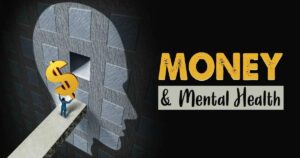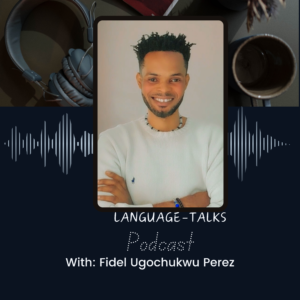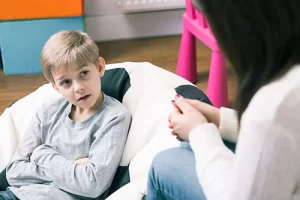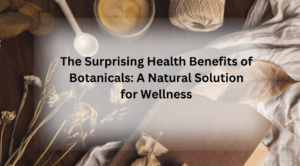Navigating Toxic Relationships
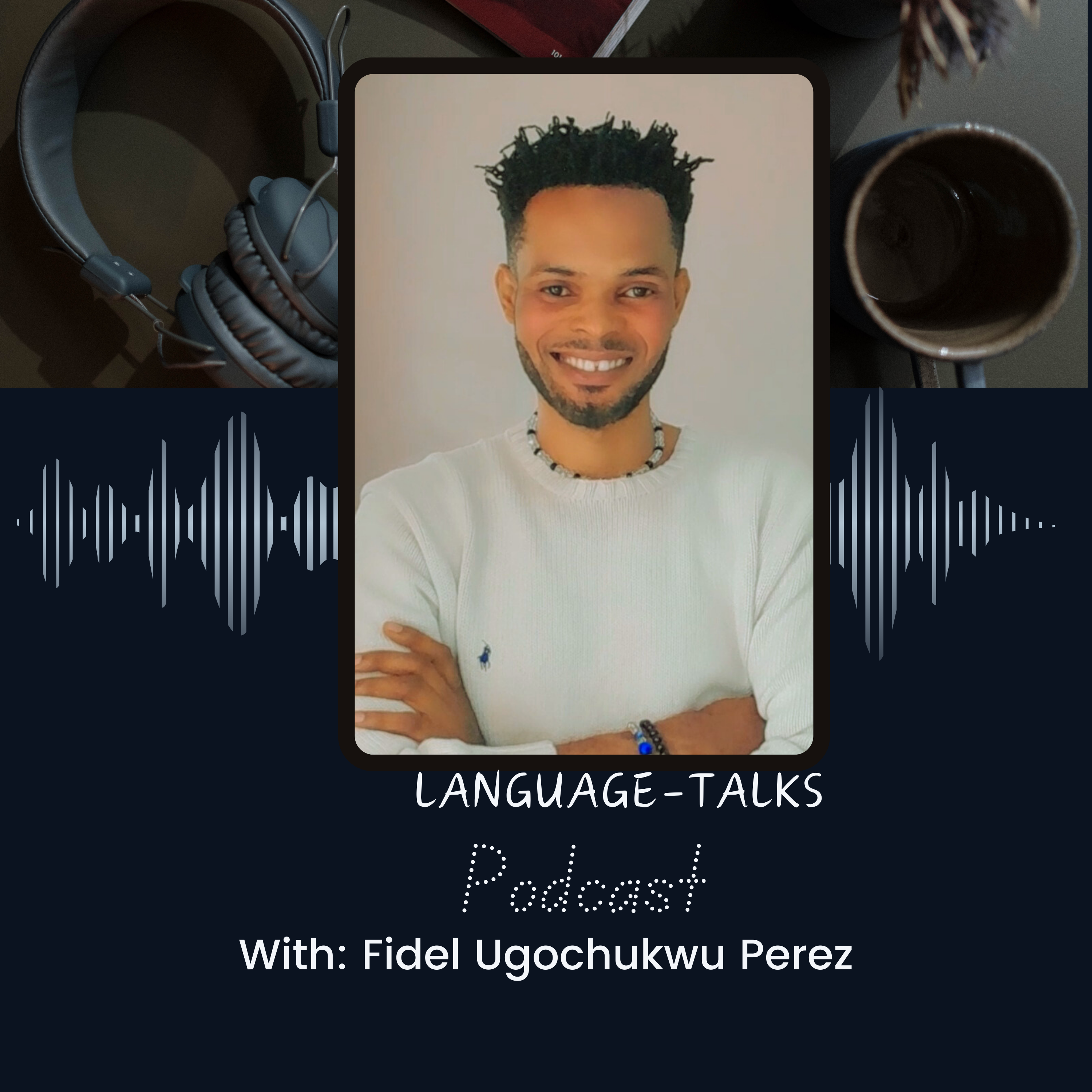
Fidel Ugochukwu Perez
Toxic Relationships – Language Talks Podcast
Host: Welcome to Langugae Talks Podcast, this is where we dive into the complexities of relationships, history, languages, music, entertainment, health etcetera. And if this is your first time, you’re welcome and I’m your host, Fidel Ugochuckwu Perez, and today we’re discussing a topic that’s both crucial and sensitive: navigating toxic relationships. If you’re struggling with a toxic relationship or know someone who is, this podcast is for you. We’ll explore the signs, symptoms, and strategies for healing, and I’ll share some personal anecdotes and expert insights to help you navigate this challenging journey. For more information, you can e-mail us @ fidelperezonline@gmail.com and for the transcription of this episode, you can check it out on our website @ www.gistandmore.com/podcast also check our show notes on Spotify for more description.
Host: So, what exactly is a toxic relationship? Simply put, it’s a relationship that’s harmful, abusive, or damaging to one’s emotional, mental, or physical well-being. Toxic relationships can take many forms, including romantic relationships, friendships, family dynamics, or even workplace relationships.
Let’s consider a real-life scenario. Sarah’s boyfriend constantly criticizes her, making her feel worthless and unappreciated. He controls what she wears, who she talks to, and what she does. Sarah feels trapped and anxious all the time. This is a classic example of a toxic relationship.
Toxic relationships can be categorized into several types, including:
1. Emotional abuse: This involves verbal or non-verbal behaviors that belittle, criticize, or manipulate a person.
2. Physical abuse: This involves physical violence, intimidation, or threats.
3. Financial abuse: This involves controlling or exploiting a person’s financial resources.
4. Psychological abuse: This involves manipulating a person’s perceptions, emotions, or behaviors.
Host: So, how do you identify a toxic relationship? Here are some common signs and symptoms:
1. Constant criticism, belittling, or mocking.
2. Emotional manipulation, guilt-tripping, or gaslighting.
3. Control, possessiveness, or jealousy.
4. Lack of respect, empathy, or understanding.
5. Emotional or physical abuse.
6. Isolation from friends, family, or other social connections.
7. Feeling trapped, anxious, or depressed.
If you’re experiencing any of these signs, it’s essential to acknowledge them and take action. Remember that toxic relationships can be subtle, and the abuser may use charm, manipulation, or coercion to maintain control.
Let’s consider another example. Mark’s friend constantly cancels plans at the last minute, doesn’t respect his boundaries, and makes him feel guilty for not being more available. Mark feels drained and frustrated. This is another example of a toxic relationship.
Host: Healing from a toxic relationship requires time, effort, and support. Here are some strategies that can help:
1. Recognize the abuse: Acknowledge the toxic behavior and its impact on your life.
2. Set boundaries: Establish clear limits and communicate them assertively.
3. Seek support: Reach out to trusted friends, family, or a therapist.
4. Practice self-care: Focus on your physical, emotional, and mental well-being.
5. Create distance: Establish a safe distance from the toxic person.
6. Rebuild self-esteem: Focus on your strengths, accomplishments, and positive qualities.
7. Develop healthy relationships: Surround yourself with people who support and respect you.
Let’s go back to Sarah’s story. With the help of her friends and therapist, Sarah started recognizing the toxic behavior and its impact on her life. She set boundaries, practiced self-care, and eventually created distance from her boyfriend. Today, Sarah is rebuilding her life and finding happiness.
Host: Healing from a toxic relationship is a journey, and it’s essential to be patient and kind to yourself. Remember that you deserve respect, empathy, and love. As you move forward, focus on rebuilding your self-esteem, confidence, and trust in others.
If you’re struggling with a toxic relationship, know that you’re not alone. There are resources available, from support groups to therapy. Don’t hesitate to reach out for help.
Some recommended resources include:
1. National Domestic Violence Hotline (1-800-799-7233)
2. National Alliance on Mental Illness (NAMI) Helpline (1-800-950-6264)
3. Local therapists or counselors
4. Support groups for survivors of toxic relationships
Host: That’s all for today’s podcast on navigating toxic relationships. Remember, you have the power to break free from toxic dynamics and build healthier relationships. Thank you for tuning in, and we’ll see you next time.
[Outro Music ]
Spotify:

